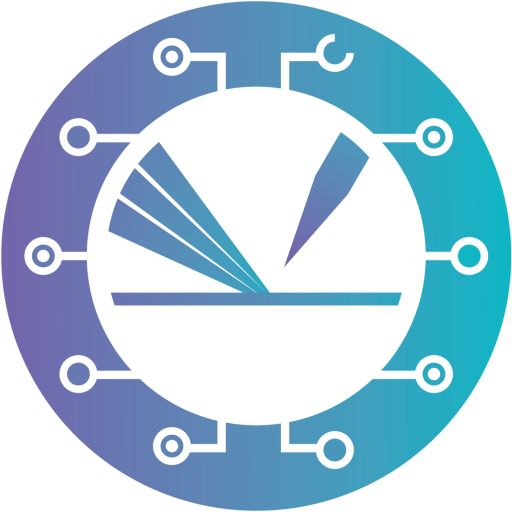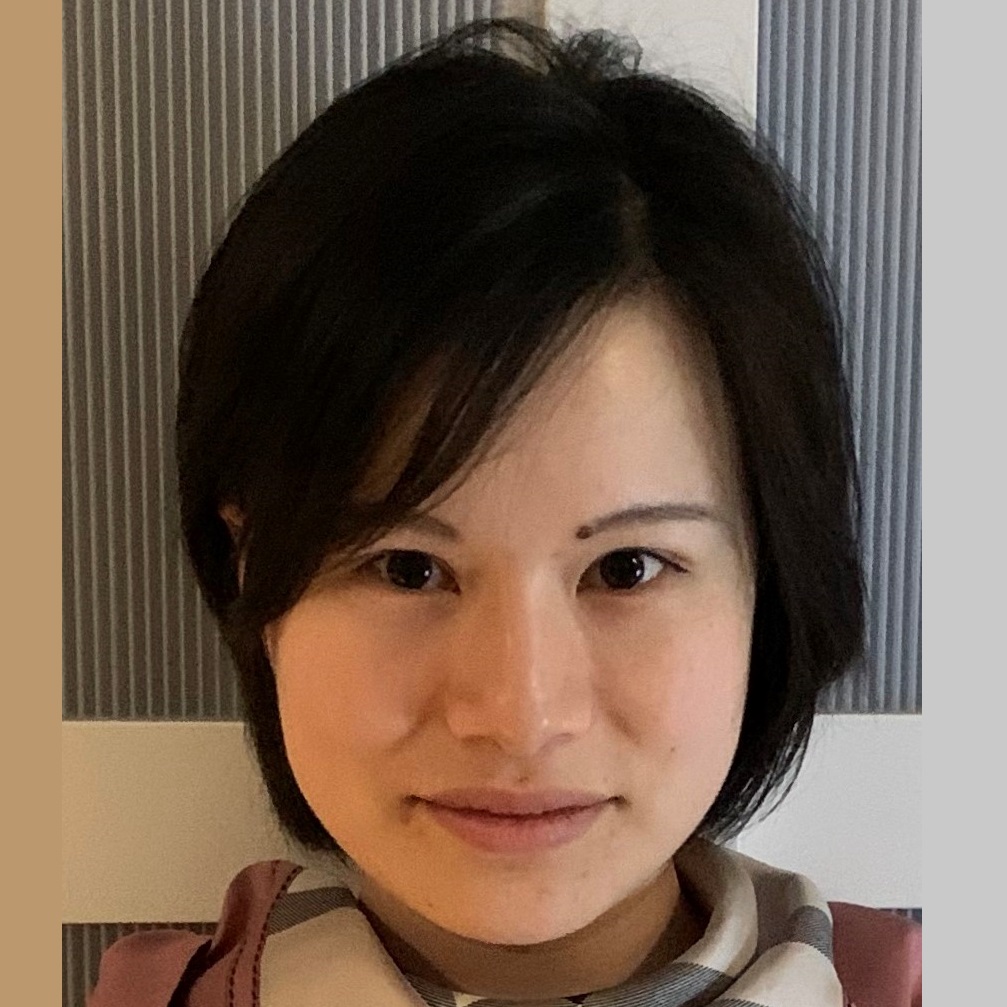Bingqing Cheng
IST Austria (Klosterneuburg, Austria)
Monday, 22nd November 2021,16:00 s.t.
The talk will be given in a hybrid mode.
The talk will be given online (due to COVID restrictions).
You can either join via Zoom:
https://us06web.zoom.us/j/81563902757?pwd=cTdhZmhHT2pSL3hMalZGaTVjYWpNUT09
Meeting ID: 815 6390 2757 Passcode: 973497
Or you attend in physical presence:
University of Vienna, Faculty of Physics, Center for Computational Materials Science,
Kolingasse 14-16, 1090 Vienna
Seminar Room SR9 (1st floor)
Predicting material properties with the help of machine learning
A central goal of computational physics and chemistry is to predict material properties using first-principles methods based on the fundamental laws of quantum mechanics. However, the high computational costs of these methods typically prevent rigorous predictions of macroscopic quantities at finite temperatures, such as chemical potential, heat capacity, and thermal conductivity.
In this talk, I will first discuss how to enable such predictions by combining advanced statistical mechanics with data-driven machine learning interatomic potentials. As an example, we computed the phase diagram of water from density functional theory at the hybrid level, accounting for thermal fluctuations, proton disordering, and nuclear quantum effects. As another example, we simulated the high-pressure hydrogen system with converged system size and simulation length and found, contrary to established beliefs, supercritical behaviour of liquid hydrogen above the melting line. Besides thermodynamic properties, I will talk about how to compute the heat conductivities of liquids just from equilibrium molecular dynamics trajectories.
During the second part of the talk, I will rationalize why machine learning potentials work at all, and in particular, the locality argument. I will show that a machine learning potential trained on liquid water alone can predict the properties of diverse ice phases because all the local environments characterising the ice phases are found in liquid water.
Bio of Bingqing Cheng
Bingqing Cheng is an Assistant Professor at IST Austria. Prior to that, she obtained a Ph.D. in Materials Science from EPFL in 2019 (Advisor: Michele Ceriotti). After graduation, Bingqing became a Junior Research Fellow at Trinity College, University of Cambridge, and in 2020, a Departmental Early Career Fellow in the Department of Computer Science and Technology in Cambridge. In her research, she uses computer simulations to understand and predict material properties, with a particular focus on exploiting machine-learning methods to extend the scope of atomistic simulations.

